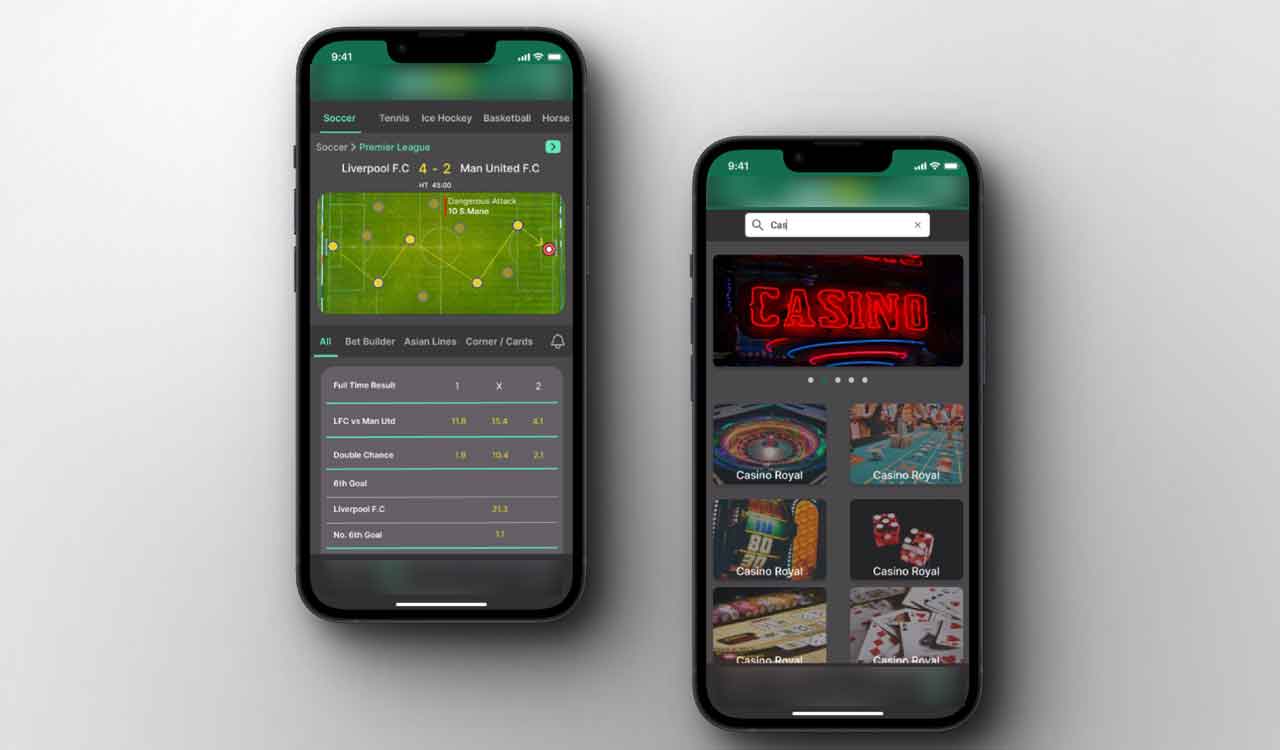Cyber Talk: All about online gaming, addiction and safety
Digital technology is advancing rapidly with teenagers using gadgets to play online games and also getting addicted to them. A gradual increase in online game addiction can change thinking and behavioural patterns that lead to an entire focus shift towards games rather than studies. Games such as Momo Challenge, Player Unknown Battleground (PUBG), Blue Whale […]

Digital technology is advancing rapidly with teenagers using gadgets to play online games and also getting addicted to them. A gradual increase in online game addiction can change thinking and behavioural patterns that lead to an entire focus shift towards games rather than studies.
Games such as Momo Challenge, Player Unknown Battleground (PUBG), Blue Whale Challenge and many more have already impacted many precious lives. Despite the popularity of online gaming in India, there have been no formal studies on the negative psychosocial impact.
The American Psychiatric Association notes that symptoms such as preoccupation with gaming, withdrawal symptoms when gaming is taken away or not possible (sadness, anxiety, irritability, suicide and substance addiction), inability to reduce playing, unsuccessful attempts to quit gaming, giving up other activities, loss of interest in previously enjoyed activities etc., indicate potential gaming addiction.
Your addiction, their monetisation
Fraudsters monetise activities such as buying and selling virtual currencies and artefacts like skins, weapons and armour, thereby creating an opportunity to offer fraud schemes such as money laundering and payment fraud, which happens mostly on free-to-play online multiplayer games.
Several monetisation options, particularly in free-to-play online multiplayer games, include (a) in-app advertisements (b) in-game product (c) incentive-based advertisement (c) purchase/pay per download (d) premiums and upgrades (e) in-app purchases (f) free subscription.
Modus operandi of colour prediction game fraud
Cyber fraudsters lure people with higher returns on bet amounts. Using a colour prediction app, a type of mobile gambling application where one can place bets to predict the correct colour or a combination of colours, they target people who fall for the promise of easy money. The steps in such games are as under:
* Step 1: First, they post attractive advertisements for colour prediction gaming links on various social media platforms, sites, and applications. Those interested in placing online bets are asked to register and give details of their Aadhaar card and PAN card, with apps offering rewards for enrolling more people.
* Step 2: A colour prediction application has players winning money for predicting the correct colour. However, these gambling applications are often used by scammers to rope in innocent victims and no details are available on Google Play Store or Apple App Store. Fraudsters send links to players to download fraudulent gaming apps by sending .APK and .DMZ files.
* Step 3: Once the registration is complete, fraudsters open a bank account in the player’s name and link an e-wallet to the account. They then permit the player to start betting.
* Step 4: In colour prediction apps, victims first bet with a minimum amount on a particular colour and win double the amount. This encourages them to invest more. The wallet also shows earnings, but when they try to withdraw the money, they cannot. Fraudsters also ask victims to pay an advance in the name of Income Tax and GST, among other things, under the guise of withdrawing money.
Parental controls for online gaming
* Watch out for these disclaimers: EC = Early Childhood, E = Everyone , T = Teen , M = Mature, AO = Adults.
* See Pictures: (i) Parental Guidance (ii) Violence (iii) Bad Language (iv) 18 years.
* Set time limits: Use family cell phone agreements and internet screen time agreement.
* Keep phones and other gadgets out of bedrooms; kids shouldn’t play at night.
* Teach children to keep personal information private while playing online games.
* Teach them to take regular breaks; it helps to deal with stress, anger and anxiety.
* Be critical of spending on in-app purchases. Parents can keep low credit value cards. Children may also resort to borrowing money from friends if they fall short, hence better not to support such app purchases.
* In Xbox One or Xbox Series S/X, go to System >; Settings >; Account >; Family, to manage permissions for child family members.
* In PlayStation 4/5, go to Settings >; Parental Controls >; Family Management, to enable security features, such as time and spending limit, content restrictions and web filtering.
* In Nintendo Switch, go to System Settings >; Parental Controls. Even without the app, you can block games by age rating, limit communication and disable VR.

Related News
-
Odisha government reviews protection of Lord Jagannath temple lands
7 hours ago -
Iran holds military drills with Russia as US carrier moves closer
7 hours ago -
This is taxpayers’ money: Supreme Court raps freebies culture
8 hours ago -
Hyderabad: Residents oppose Gandhi Sarovar Project over ‘forcible’ land acquisition
8 hours ago -
Australia level series as Indian women slide to 19-run defeat in second T20I
8 hours ago -
Karnataka beat Uttarakhand in semis, to face Jammu and Kashmir in Ranji final
8 hours ago -
Five Osmania varsity players in South Zone squad for Vizzy Trophy
8 hours ago -
Disciplined West Indies bundle out Italy with ease, tops Group C in T20 WC
8 hours ago




